Publications
Articles, publications, books, tools and multimedia features from the U.S. Institute of Peace provide the latest news, analysis, research findings, practitioner guides and reports, all related to the conflict zones and issues that are at the center of the Institute’s work to prevent and reduce violent conflict.
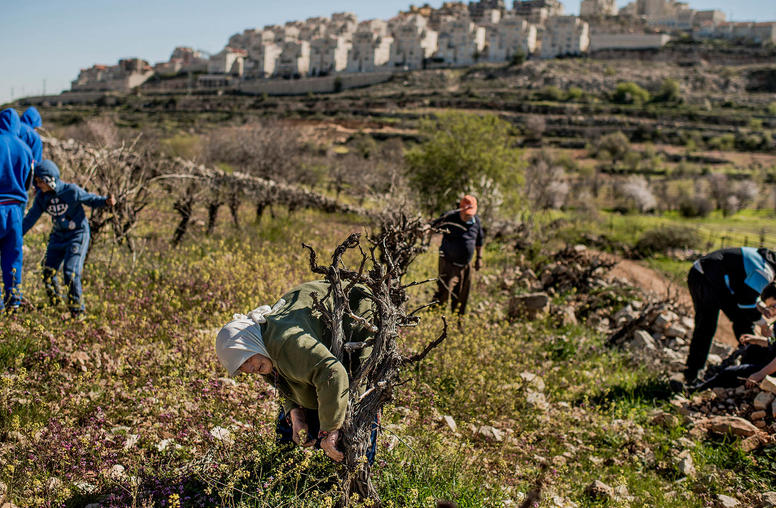
A New ‘Quartet’ for Israeli-Palestinian Peace
Good news for Israeli-Palestinian peacemaking seems rare, but this month’s diplomatic initiative by four states influential in Europe and the Middle East is a constructive development that should continue. On July 7, Egypt, France, Germany and Jordan joined to oppose Israel’s declared intent to annex territory that it has occupied since 1967. Vital actors, including Arab states and the European Union, have been unable to stop the march toward annexation and the attendant risks of renewed violence. Yet a partnership of key Arab and European states—the latest in a string of diplomatic “quartets” on the conflict—offers a foothold on which to build.

Andrew Wilder on the Latest from Afghanistan
After decades of conflict, Afghanistan is closer to a political settlement than ever before. But with new reports of Russian bounties on U.S. soldiers, USIP’s Andrew Wilder says there’s concern the issue “distracts from the bigger-picture need for the U.S. to continue to support the peace process.”
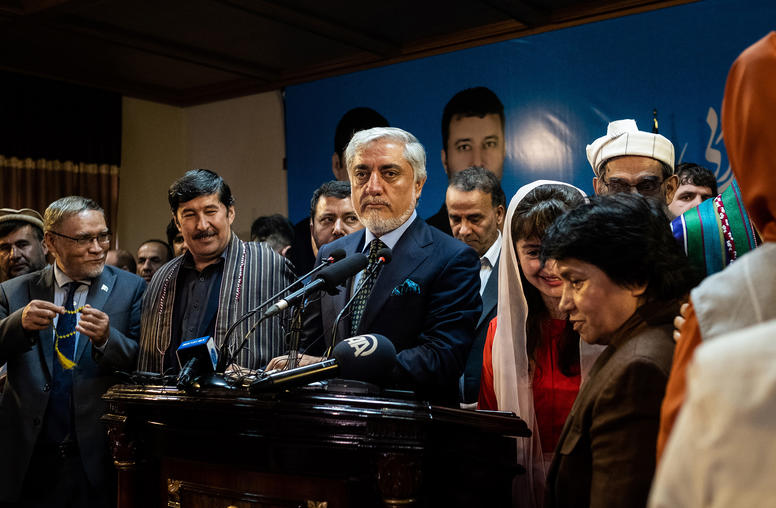
Negotiations Are the Only Way to End Afghan Conflict, Says Abdullah
The head of Afghanistan’s new peace council said yesterday that he is optimistic that intra-Afghan talks can start in the coming weeks, but increased levels of violence and details of prisoner releases may slow the start of talks. Chairman Abdullah added that the government’s negotiating team will be inclusive and represent common values in talks with the Taliban. The team “will be diverse and represent all walks of life,” Abdullah said. Afghans and analysts have expressed concern that without an inclusive negotiating team, the country’s hard-won, democratic gains could be compromised for the sake of a deal with the Taliban.
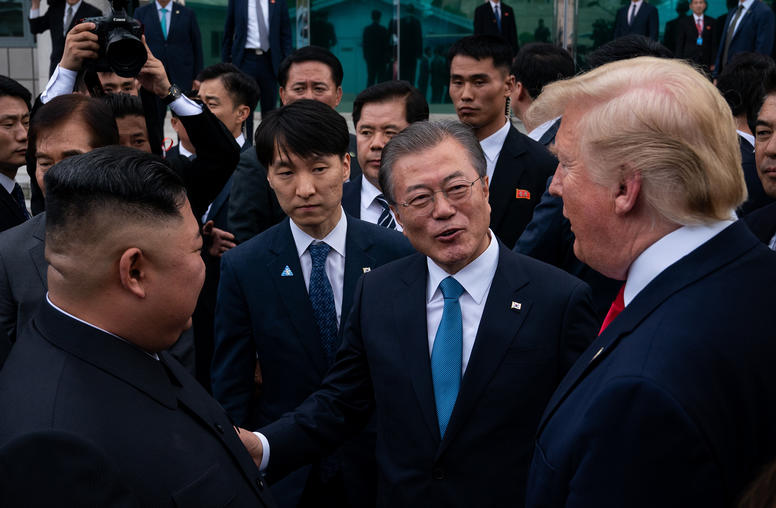
North Korea Blew Up Its Liaison Office with the South. What Now?
North Korea’s demolition this week of an inter-Korean liaison office that symbolized North-South cooperation marks a new spike in tensions between the countries, and in North Korean frustration with the United States. It was the latest in a string of inflammatory rhetoric and actions directed at Seoul and Washington since the failure of the February 2019 summit in Hanoi between President Trump and North Korean leader Kim Jong-un. The building’s demolition renews strains over North Korea’s ongoing development of a nuclear weapons arsenal, the corresponding global sanctions against Pyongyang’s illicit behavior and the 67-year failure to formalize a peace treaty following the Korean War. USIP analysts Patricia Kim and Frank Aum discuss the latest downturn.
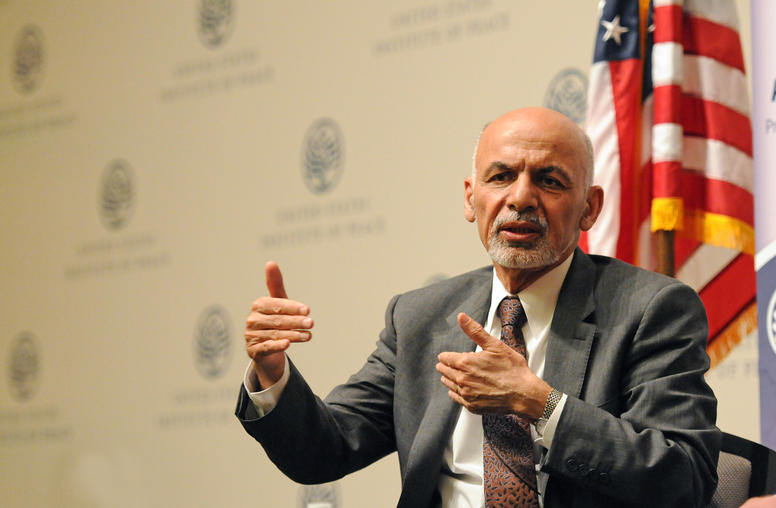
Afghan President Ghani: Freeing Prisoners Can Speed Peace Talks
Afghanistan’s government is accelerating its release of thousands of Taliban prisoners as a step toward peace talks, President Ashraf Ghani told an online audience today. The number of prisoners freed should now surpass 3,000, Ghani said, announcing that 2,000 more will be released “within a very short period.” That move, taking the total of freed Taliban fighters to 5,000, would fulfill a central Taliban pre-condition for peace talks. Ghani voiced optimism that a rare “window of opportunity” has opened for peace negotiations, but said further steps are vital to seize the chance to end the nation’s 40-plus years of warfare.
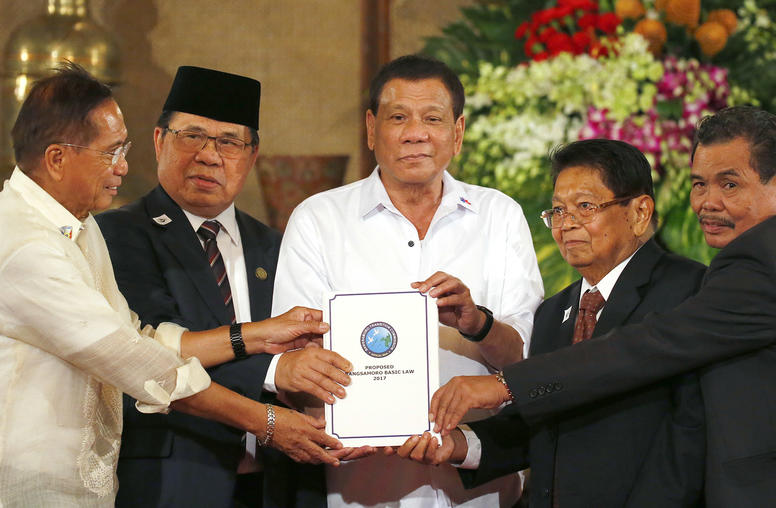
The Challenges Facing the Philippines’ Bangsamoro Autonomous Region at One Year
Just over a year ago, the Bangsamoro Autonomous Region of Muslim Mindanao (BARMM) was formally established as part of a peace agreement to end nearly five decades of conflict between the Philippine government and Moro secessionists. This report discusses the many notable achievements of the BARMM government during its first year while cautioning that these accomplishments are not irreversible, and that the BARMM will need international support—including from the United States—to confront future challenges.
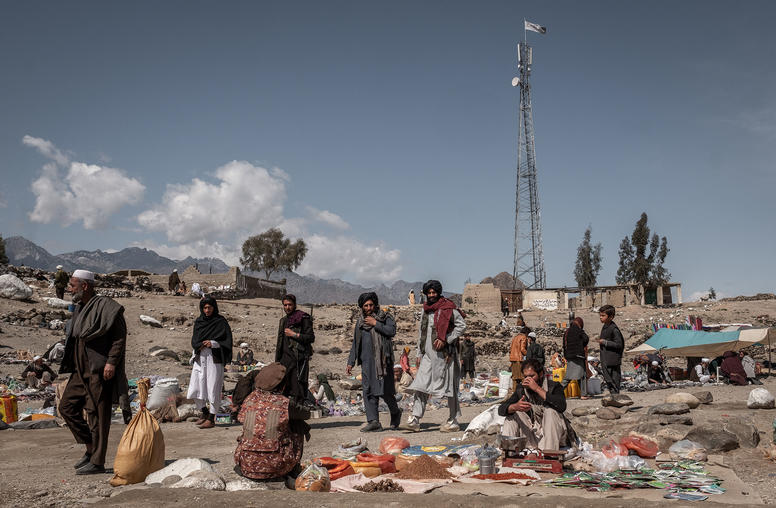
Is the Afghan Peace Process Back on Track?
A three-day cease-fire between the Taliban and Afghan government over Eid al-Fitr expired on Tuesday. This was only the second such cessation of hostilities in the nearly two-decade war. And just two weeks ago, President Ashraf Ghani and his rival, Abdullah Abdullah, agreed to share power after a monthslong dispute over the 2019 presidential election. These developments have injected renewed hope that a political solution, negotiated among Afghans, is still possible. USIP’s Scott Smith looks it all means for the peace process, when we can expect the vital intra-Afghan negotiations to begin, and what, if any, impact COVID-19 has had on peace.
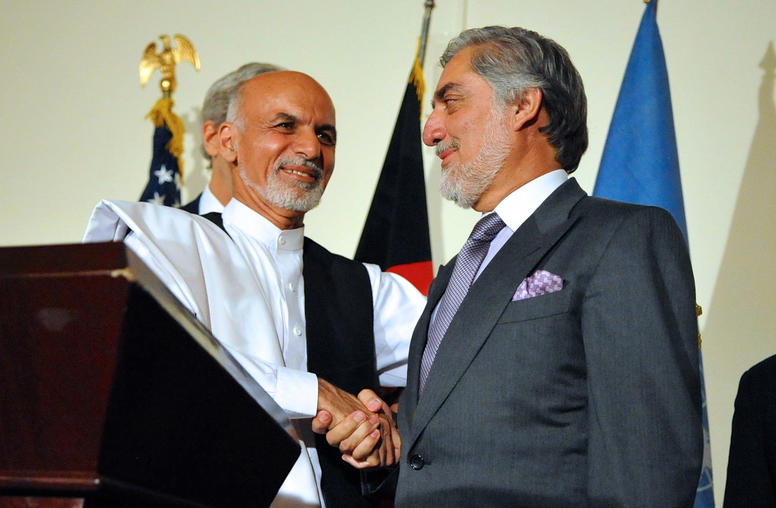
Rival Afghan Leaders Agree to Share Power—Now Comes the Hard Part
Last weekend, Afghan President Ashraf Ghani and rival Abdullah Abdullah signed a power-sharing deal to end a months-long dispute over the 2019 presidential election. The deal comes amid a spate of high-profile violence, including a recent attack on a Kabul maternity ward by suspected ISIS perpetrators. Meanwhile, the Afghan peace process has stalled since the U.S.-Taliban deal signed at the end of February. The power-sharing agreement could address one of the key challenges to getting that process back on track. USIP’s Scott Worden and Johnny Walsh look at what the agreement entails and what it means for the peace process.
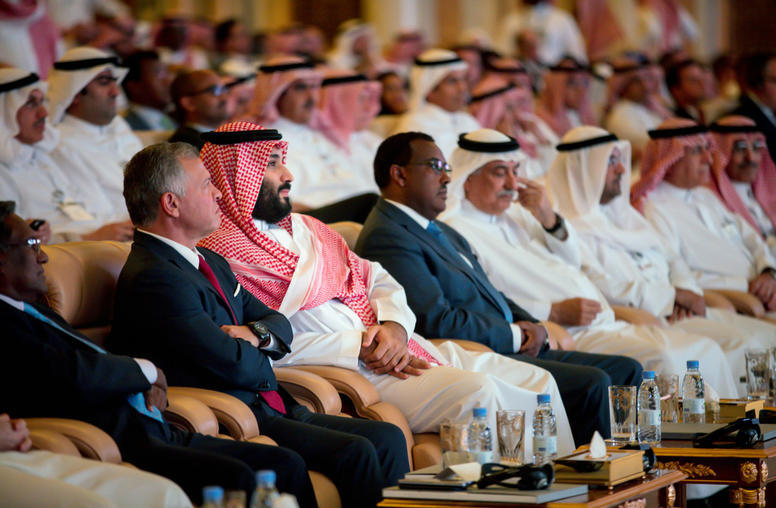
Jordan Sees Danger in Trump’s Middle East ‘Vision’
The Hashemite Kingdom of Jordan has long been a cornerstone of Middle East stability, wielding significant political and strategic influence in the region. As a small country with a weak economy bordered by Syria, Iraq, Saudi Arabia, Israel, and the occupied Palestinian territories, adroit diplomacy is one of its key national resources. Now, Jordan faces a fresh diplomatic challenge: the potential impact of President Trump’s plan for the Israeli-Palestinian conflict on its strategic interests and very future. In the months ahead, Jordan—a crucial partner to the U.S., Israel, and the Palestinians—faces a critical juncture in its relations with both the U.S. and Israel coupled with unprecedented internal challenges.
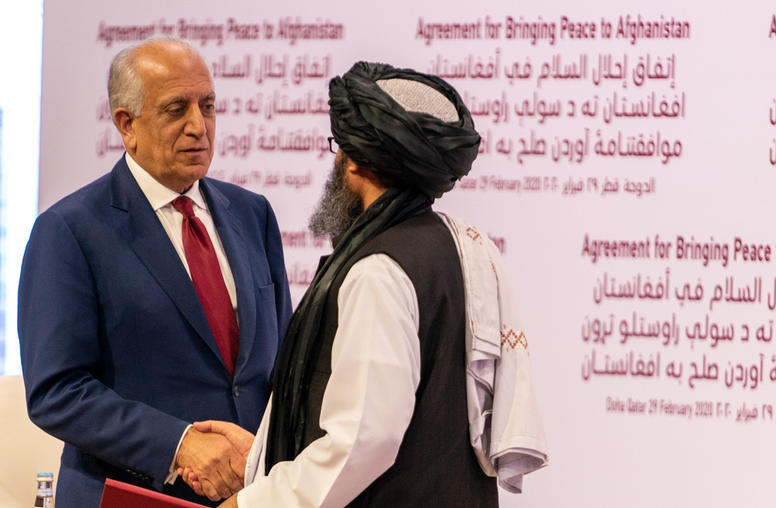
Afghan Negotiators to Taliban: Let’s Start the Peace Talks
As the COVID pandemic complicates Afghanistan’s embryonic peace process, government-appointed negotiators urged the Taliban to begin talks without preconditions and stressed that a peace accord must make governments accountability to Afghan citizens. A day after the government announced the release of 71 more Taliban prisoners—a process central to starting talks—the head of the government negotiating team said direct discussions with the Taliban are important to accelerate releases. Analysts have voiced fear that deaths from COVID of prisoners held by the government and the Taliban could stall or scuttle the current peace efforts.